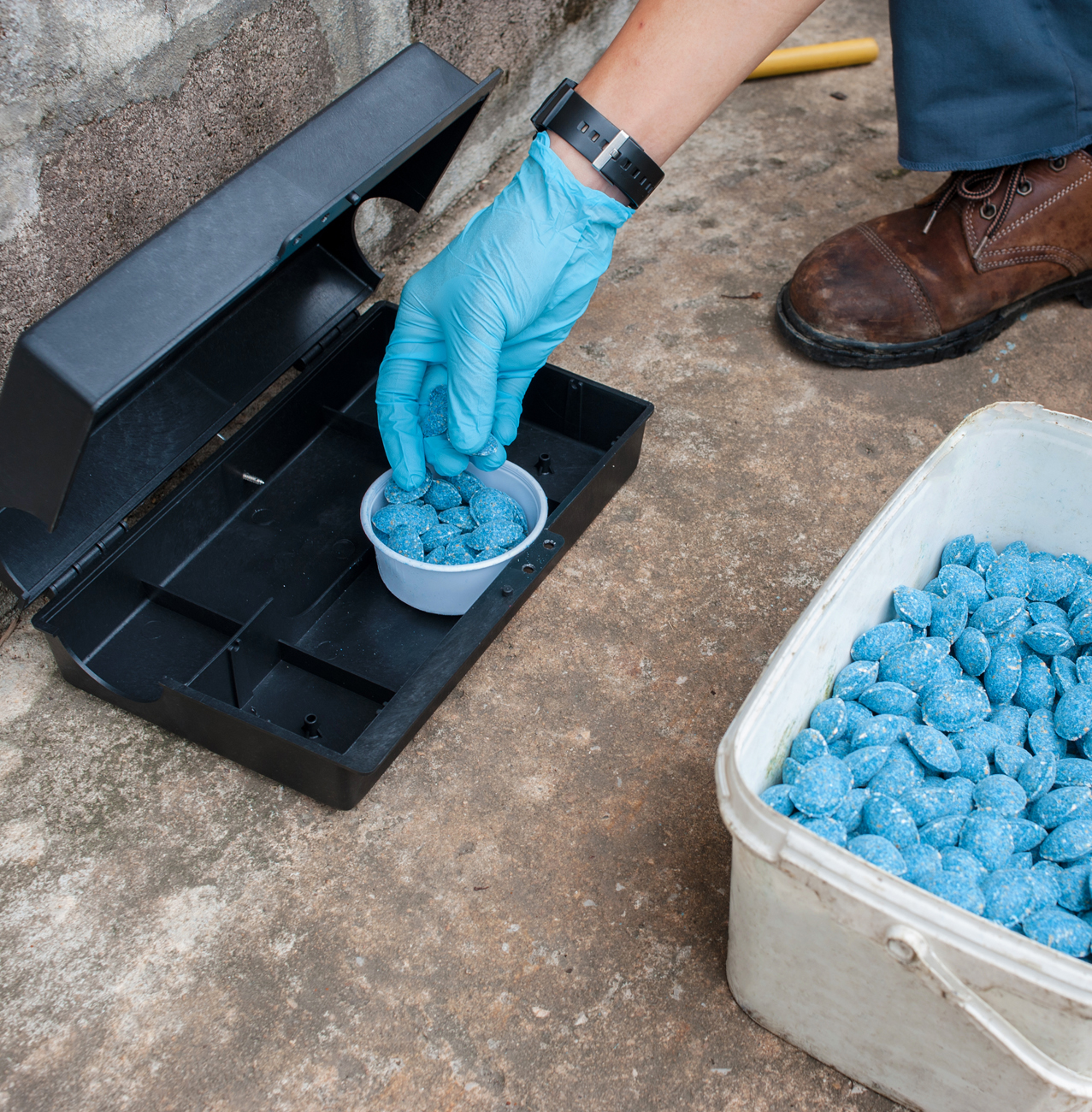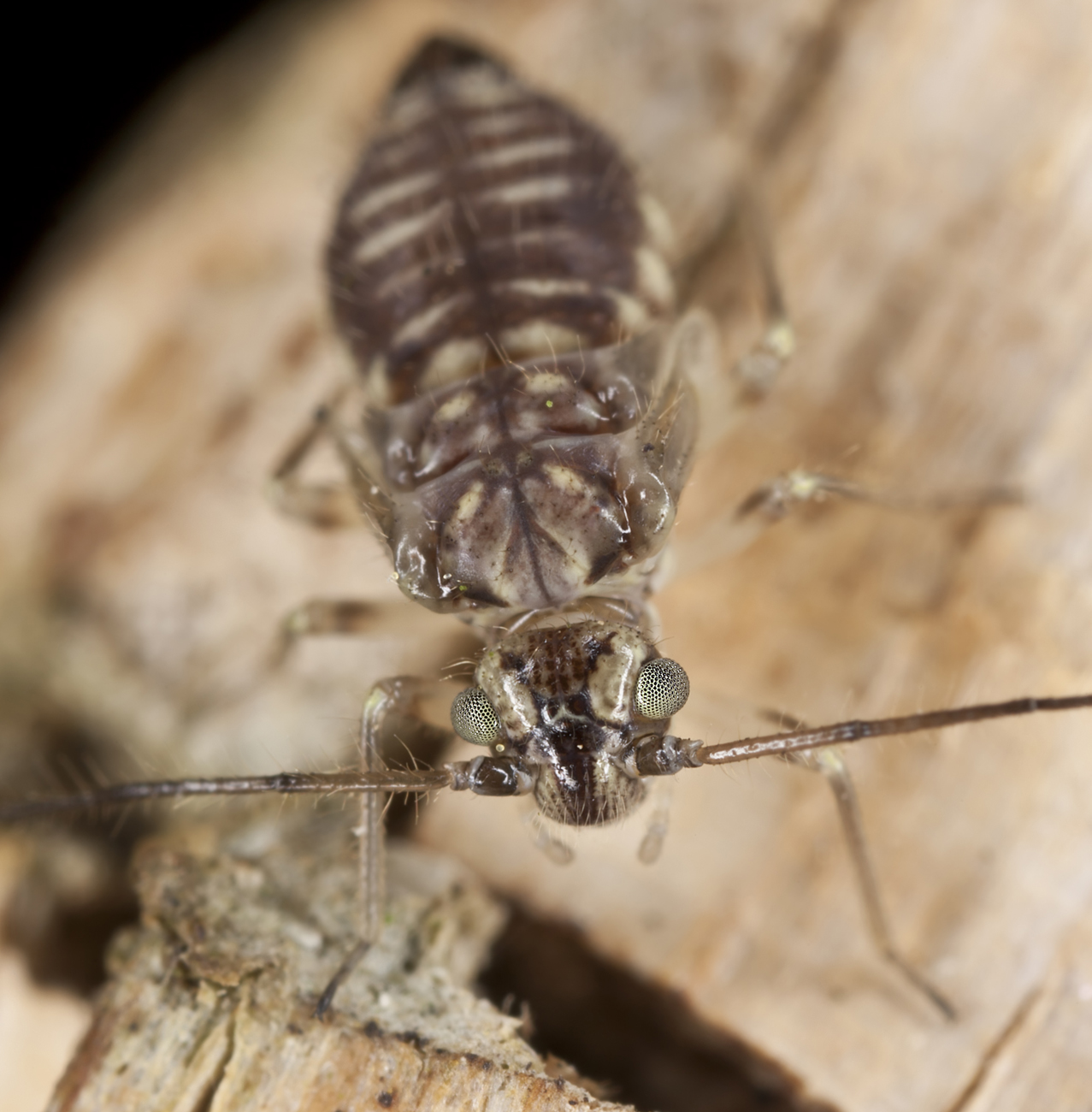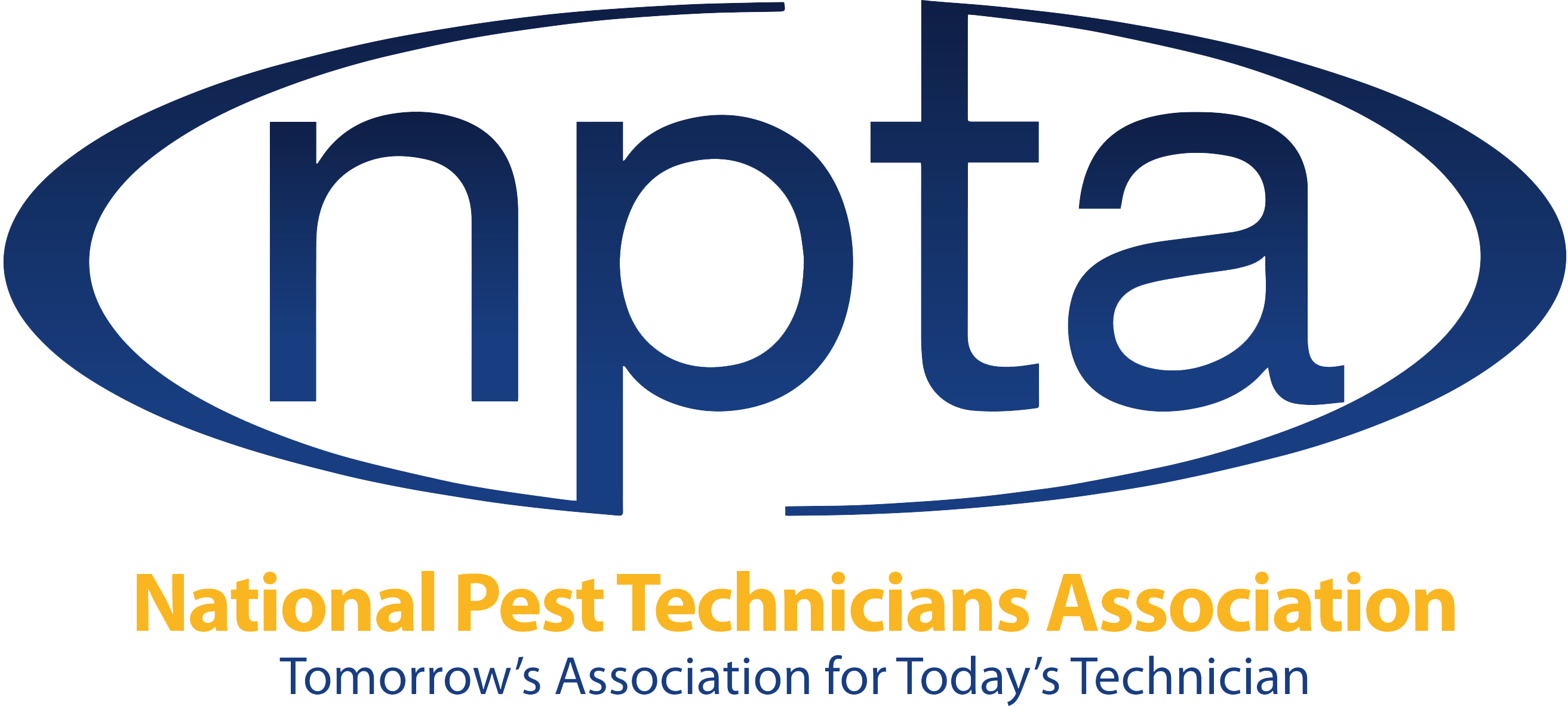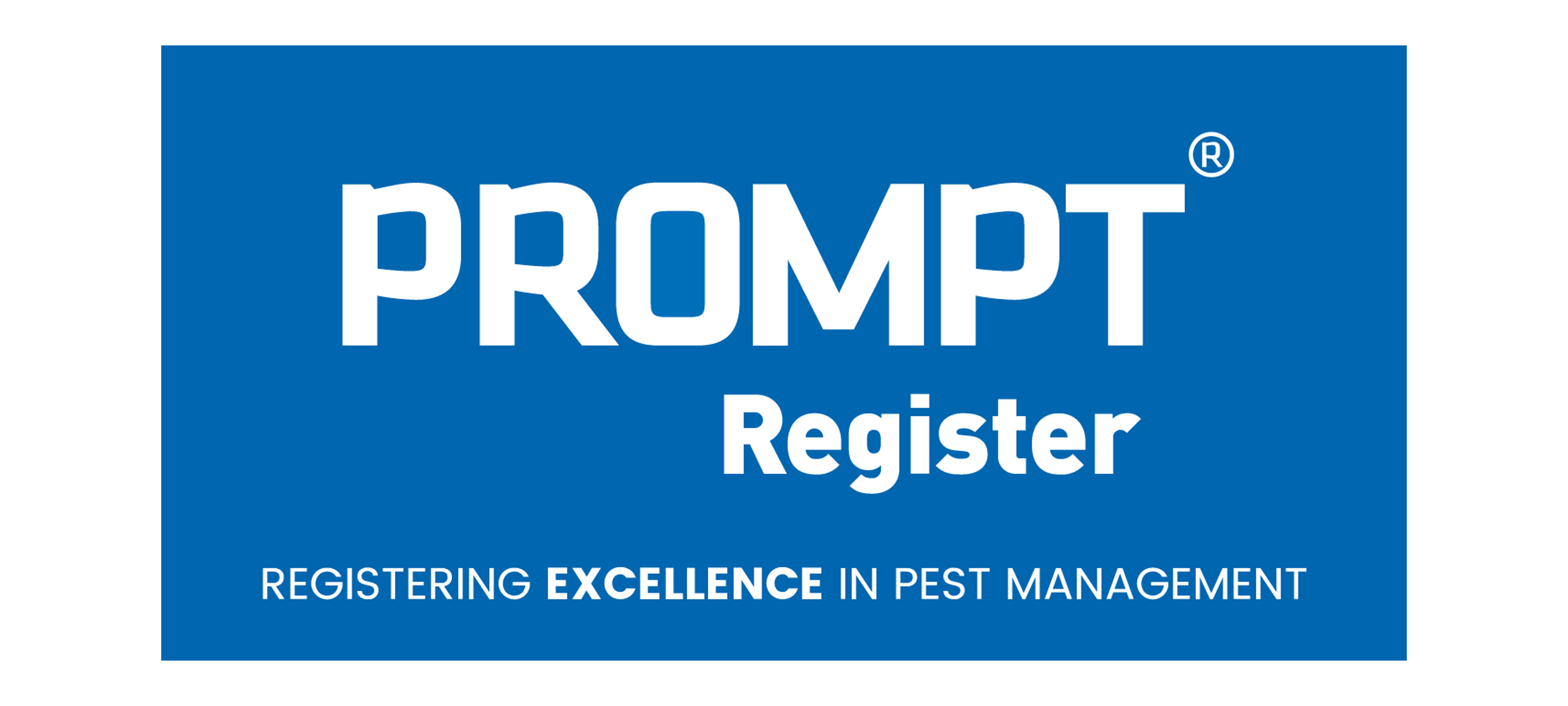24/7 Emergency Call OUT
Booklice Removal & Control Services
Booklice are attracted to damp and mould; in the natural environment they are usually found in animal nests, tree trunks, under bark and on leaves, but as they are attracted to plant and animal materials they also frequently make their way into food manufacturing sites, warehouses, residencies and business premises, where they will infest food, leather, woodwork, paper, plaster and other materials. There are many species of booklice, found all over the world, and the different species have different temperature preferences - some thrive in cool environments, whereas others are attracted to heated environments.

Contact us today
Speak to our expert Booklice removal team today!
Experts in Booklice Removal
Booklice are not dangerous, and can be easily eradicated by removing infested foodstuffs, getting rid of mould, heating (booklice cannot survive in dry heat), drying out and ventilating the infested area - a dehumidifier can help with this.
To ensure they don’t return, you should take preventative measures and maintain good practices. Ventilation is the key to both preventing and eradicating booklice; their food source is mould, so a clean, dry, and airy room is the most effective way to avoid an infestation.
The rooms in the home most susceptible to booklice are the kitchen and the bathroom, so in order to prevent an infestation of booklice you should keep these rooms dry well ventilated by opening windows regularly, particularly when you are creating heat or steam, for instance when cooking, using the washing machine/dishwasher, or boiling the kettle.

Booklice Control Specialists
In the kitchen, you should also clean out cupboards regularly and keep foodstuffs sealed in cool, dry and well ventilated spaces. Store all food in pallets above floor level and away from the walls and ceiling; they should not be stacked too closely, so that ventilation can pass through. To check if a pallet is infested, use the ‘knocking out’ method of dropping the pallet from 75mm over a sheet of white paper.
Booklice Pest Controller & Removal
As with other pests, if you have a serious infestation, it is best to call in a professional with technical knowledge and specialist equipment; we will administer a toxic insecticidal spray, not publicly available, which will help to address the issue. However the likelihood of re-infestation means that insecticide can only control the problem, not solve it - good hygiene management is the only way to prevent infestation altogether.
Call us on :




